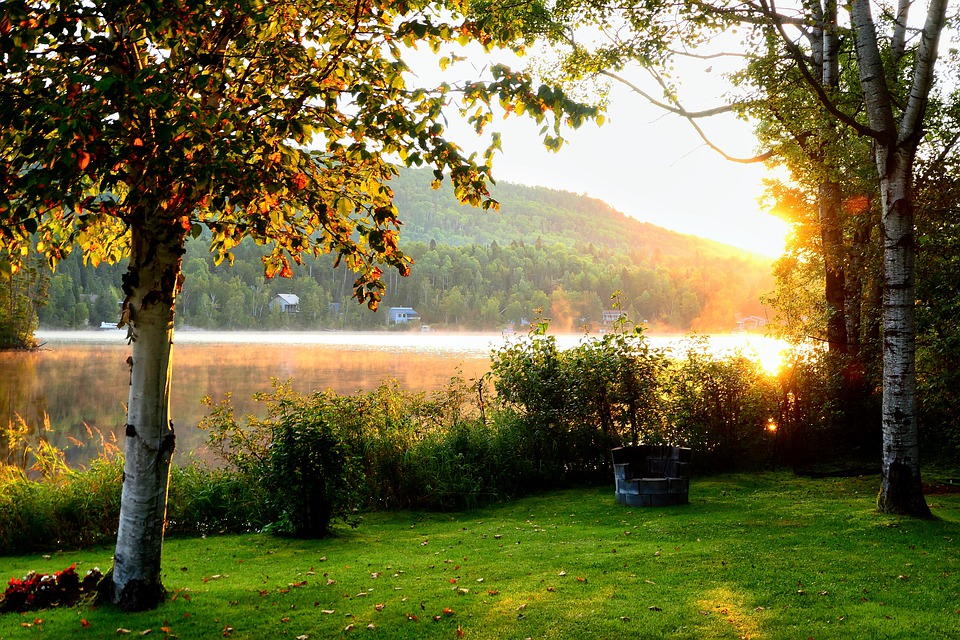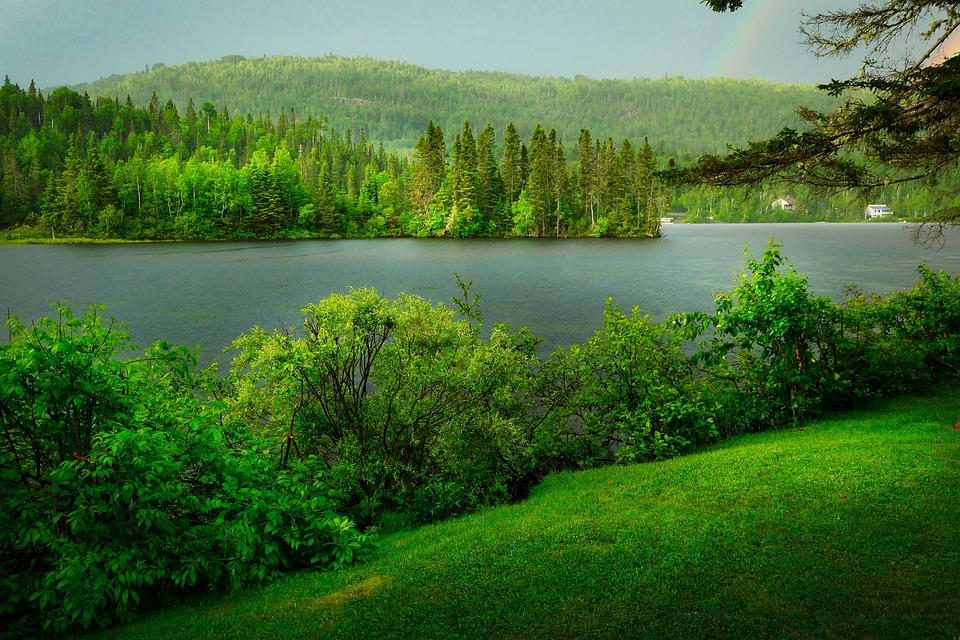
What Is Urban Rewilding and Why Is It Important?
It may sound like a strange concept, but it’s actually a very important movement that is gaining traction all over the world. Urban rewilding is the process of restoring urban ecosystems to their natural state. This can involve things like planting new trees and flowers, creating green spaces, and restoring wetlands. There are many benefits to urban rewilding, including reducing air pollution, improving human health, and helping to conserve wildlife. In this blog post, we will explore the concept of urban rewilding in more detail and discuss why it is so important!
Urban rewilding
Where it differs from rewilding in rural areas, is that our urban spaces are entirely human constructs. With some innovative thinking, these could be altered to create novel but functioning ecosystems. By taking inspiration from the past, we can begin to reimagine our city landscapes as unique ecosystems as we have never seen before, but that can support the species of the past within the confines of urban spaces.
For example, converting square footage on rooftops into green roofs or establishing community gardens in vacant lots are two ways that humans have already begun to bring ecosystem functionality back into our built environments.
Additionally, by looking to the past we can also get ideas for how to use traditional knowledge to inform modern design. For example, in many Indigenous cultures around the world, it was common practice to deliberately leave certain areas undisturbed or unmanaged to maintain ecological balance and support biodiversity. This ancient wisdom could be adapted and applied to cities today. In this way, by looking at both the past and present we can begin to create ecologically rich and functional urban environments.
Why Is It Important?
As the world becomes more and more urbanized, it’s important that we find ways to bring nature back into our cities. That’s where urban rewilding comes in. Urban rewilding is the process of converting vacant, underutilized, or otherwise unwanted spaces in cities into natural areas. This can include planting gardens, creating parks, and installing green roofs.
Not only does urban rewilding make cities more aesthetically pleasing, but it also has a number of environmental and social benefits. For example, urban rewilding can help to reduce air pollution, noise pollution, and stormwater runoff. It can also provide much-needed habitat for local wildlife, as well as opportunities for people to connect with nature.
Urban rewilding is an important way to create more sustainable, livable cities for both people and wildlife. Here are three reasons why you should support urban rewilding in your community.
Urban Rewilding Helps to Combat Climate Change

As the world continues to warm due to climate change, cities are increasingly feeling the effects. For example, heat waves are becoming more common and more intense, and heavy rains are leading to flooding in many urban areas.
Urban rewilding can help to mitigate some of these effects by providing much-needed green space in cities. Trees and other plants help to cool the air and absorb rainfall, which can help to reduce heat waves and flooding. In fact, one study found that every 10% increase in tree cover in a city can result in a 1% decrease in surface temperatures.
Urban Rewilding Improves Air Quality
Another side effect of climate change is poor air quality due to smog and other pollutants. This is particularly a problem in cities, where cars and factories produce large amounts of harmful emissions. These emissions can cause respiratory problems, heart disease, and even cancer.
Trees and plants help to filter out pollutants from the air, making it cleaner and healthier to breathe. In fact, one tree can remove up to 48 pounds of carbon dioxide from the atmosphere each year!
Urban Rewilding Provides Opportunities for People to Connect with Nature
Another reason why you should support urban rewilding is that it provides opportunities for people living in cities to connect with nature. This is important because exposure to nature has been shown to have a number of health benefits including reducing stress levels, improving mental health, and boosting immune function. Unfortunately, many people living in cities don’t have easy access to natural areas like parks or gardens. This is where urban rewilding comes in—by creating more green space in cities, we’re providing opportunities for people to connect with nature daily.

Conclusion
When it comes down to it there are endless reasons why you should support urban rewilding efforts—these are just three of them! So next time you see someone working on an urban rewilding project in your community be sure to give them a friendly smile or maybe even lend a helping hand! After all, we all have a part to play when it comes to creating healthier, happier cities for both people and wildlife 😉